|
LISTEN TO THIS THE AFRICANA VOICE ARTICLE NOW
Getting your Trinity Audio player ready...
|
The United States’ decision to halt foreign aid is threatening decades of progress in the fight against HIV, with UNAIDS warning that the cuts could lead to an additional 2,000 new infections per day and more than six million deaths over the next four years.
Speaking in Geneva on Monday, March 24, 2025 UNAIDS Executive Director Winnie Byanyima expressed deep concern, emphasizing that women and girls would be among the hardest hit. She urged the U.S. government to reconsider, warning that the funding pause marked a sharp reversal of gains made in reducing HIV-related deaths—from over two million in 2004 to 600,000 in 2023.
The funding suspension, initiated by U.S. President Donald Trump on his first day in office in January, was part of a broader government spending review. However, the move has led to widespread disruptions, including the termination of USAID programs and stop-work orders for numerous U.S.-funded HIV initiatives. Across Africa, mother-and-baby clinics have shut down, and lifesaving antiretroviral (ARV) medication is running dangerously low.
Byanyima likened the situation to the 1990s when limited access to HIV treatment in poorer nations fueled soaring infection and mortality rates. While she acknowledged the U.S.’s historical generosity in funding global HIV programs, she stressed that an abrupt withdrawal was catastrophic. “A gradual reduction might be reasonable, but this sudden cut is devastating,” she said.
Despite mounting appeals, Washington has shown no signs of reversing its decision. Other major donors, particularly in Europe, are also considering aid reductions, leaving UNAIDS struggling to fill the widening financial gap.
Byanyima explained that the crisis has had a tangible impact on individuals like Juliana, a young woman in Kenya living with HIV. She was employed by a U.S.-funded program assisting new mothers in accessing treatment to prevent mother-to-child transmission. With the program suspended, Juliana lost her job and now fears losing access to the medication she relies on while breastfeeding her youngest child.
The World Health Organization (WHO) had previously sounded the alarm, cautioning that eight countries—Nigeria, Kenya, Lesotho, South Sudan, Burkina Faso, Mali, Haiti, and Ukraine—could soon face critical shortages of HIV drugs. WHO Director-General Tedros Adhanom Ghebreyesus warned that disruptions to treatment programs “could undo 20 years of progress.”
In South Africa, the Treatment Action Campaign (TAC), a leading HIV advocacy group, issued a stark warning in February. “We can’t afford to die,” said TAC Chair Sibongile Tshabalala. “We can’t go back to those years when people struggled to access lifesaving treatment.”
Byanyima further proposed a potential compromise with the U.S. administration: accelerating the distribution of Lenacapavir, a new long-acting ARV developed by American pharmaceutical giant Gilead. The drug, administered via injection every six months, could reach at least 10 million people. Byanyima argued that this approach would not only provide critical treatment but also generate economic benefits for the U.S.
UNAIDS is just one of several UN agencies feeling the financial squeeze from U.S. aid cuts. The UN Refugee Agency has warned of 6,000 potential job losses, UNICEF has raised concerns about setbacks in child mortality reduction, and the World Food Programme has been forced to scale down food rations in famine-hit regions.
As the global health community scrambles to contain the fallout, calls for urgent intervention persist. Without immediate action, experts warn that the world could face a humanitarian crisis of unprecedented scale.
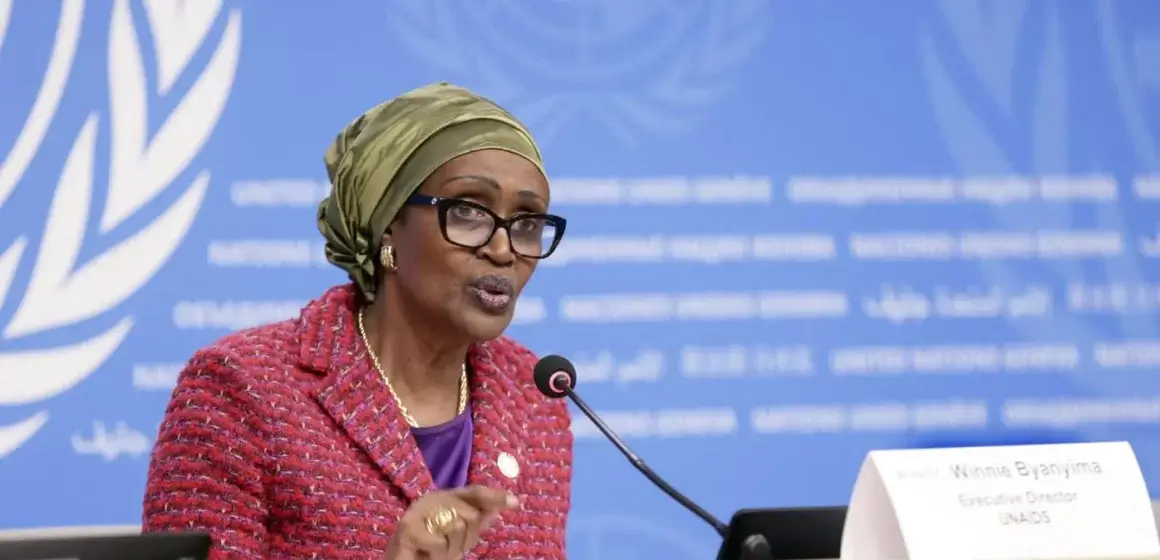
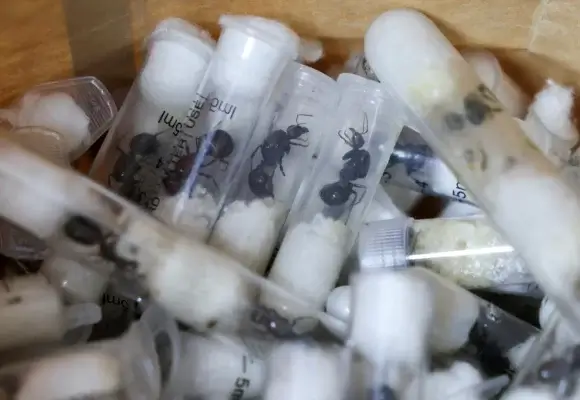


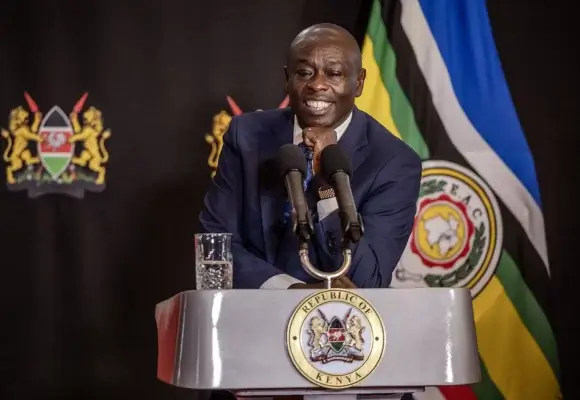
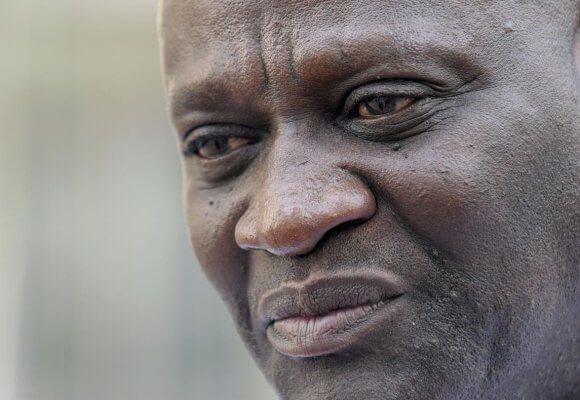
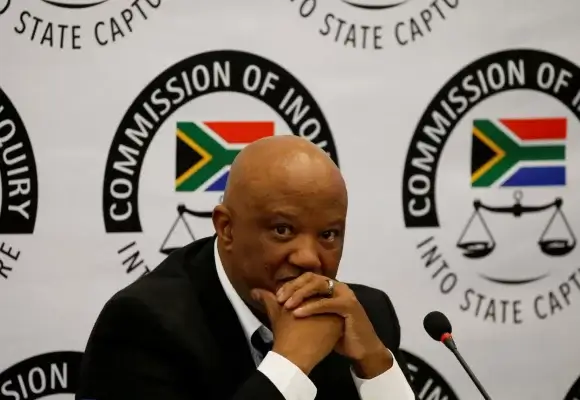




LEAVE A COMMENT
You must be logged in to post a comment.